The Brexit narrative is nothing new – it's been around for 800 years
Our current travails are part of a long, long story about Britain’s relationship with Europe
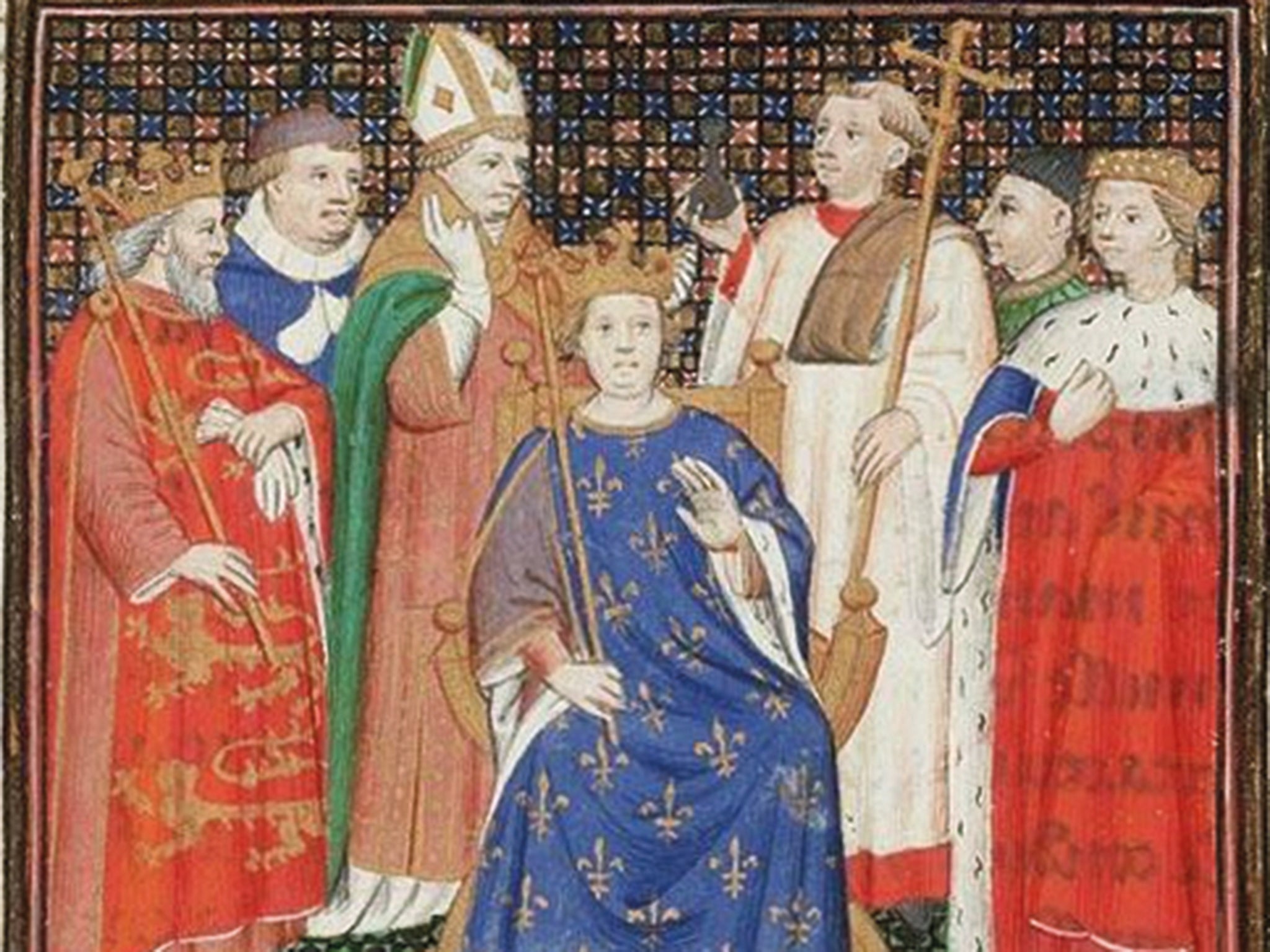
Your support helps us to tell the story
From reproductive rights to climate change to Big Tech, The Independent is on the ground when the story is developing. Whether it's investigating the financials of Elon Musk's pro-Trump PAC or producing our latest documentary, 'The A Word', which shines a light on the American women fighting for reproductive rights, we know how important it is to parse out the facts from the messaging.
At such a critical moment in US history, we need reporters on the ground. Your donation allows us to keep sending journalists to speak to both sides of the story.
The Independent is trusted by Americans across the entire political spectrum. And unlike many other quality news outlets, we choose not to lock Americans out of our reporting and analysis with paywalls. We believe quality journalism should be available to everyone, paid for by those who can afford it.
Your support makes all the difference.As Brexit hurtles towards us like a runaway train heading for the buffers, let us reflect on the zenith of federal government in the west. In particular, we should focus on the key decision to grant citizenship to all free inhabitants across large parts of Europe, assigning common rights under a unified legal system throughout the region – overriding local traditions to enable freedom of movement for goods and people, boosting local economies and providing a more systematic way of gathering financial contributions to the centre for redistribution where needed.
This is not a description of the European Union today, but refers to the edict that the Roman Emperor Caracalla issued in 212AD. His realm stretched from the banks of the Rhine in the north, across North Africa and covered large swathes of the Middle East. Federal super-states have been with us for a very long time. Eighteen centuries later, we should take note of what happened next with some trepidation, as there are striking parallels with the challenges facing the European Union today.
Caracalla’s regime did not last long, nor did it end well. Instead of gaining fame as an enlightened liberal, he was depicted as a cruel, despotic tyrant and was killed by a disaffected soldier in 217AD. Thereafter, emperors came and went with alarming regularity throughout the third century, often raised to power through military might via the support of their legions, and deposed or assassinated just as quickly. Beware, Jean-Claude Juncker.
Equally, beware Brussels. Rome’s influence as the administrative heart of the empire started to wane as her rulers were often hundreds of miles away in the field, fighting for control. A weakened centre resulted in a gradual erosion of control over outlying provinces, whose leaders either established regional power bases or threw off the yoke of Roman rule altogether.
Migrations of new peoples from the north, no longer held back by the fear of a unified army, further eroded the strength of the central state. Social divisions arose within the universal citizenry, causing tension and strife. The interconnected economy started to collapse, internal movement ceased, fragmented economies re-emerged accompanied by steep price inflation. Centuries of Roman rule over federal Europe collapsed within decades, ushering in a period known to us as the Dark Ages.
To understand the continental adherence to a federal Europe, we should perhaps reflect on the long history of the post-Roman west. Century after century, generation after generation, the search for domination through military might has defined the European story. The trouble really started when Pope Leo III elevated the Carolingian king Charles the Great (known to posterity as Charlemagne) to a new creation that he styled ‘Holy Roman Emperor’ – harking back to the good old days of imperial Rome.
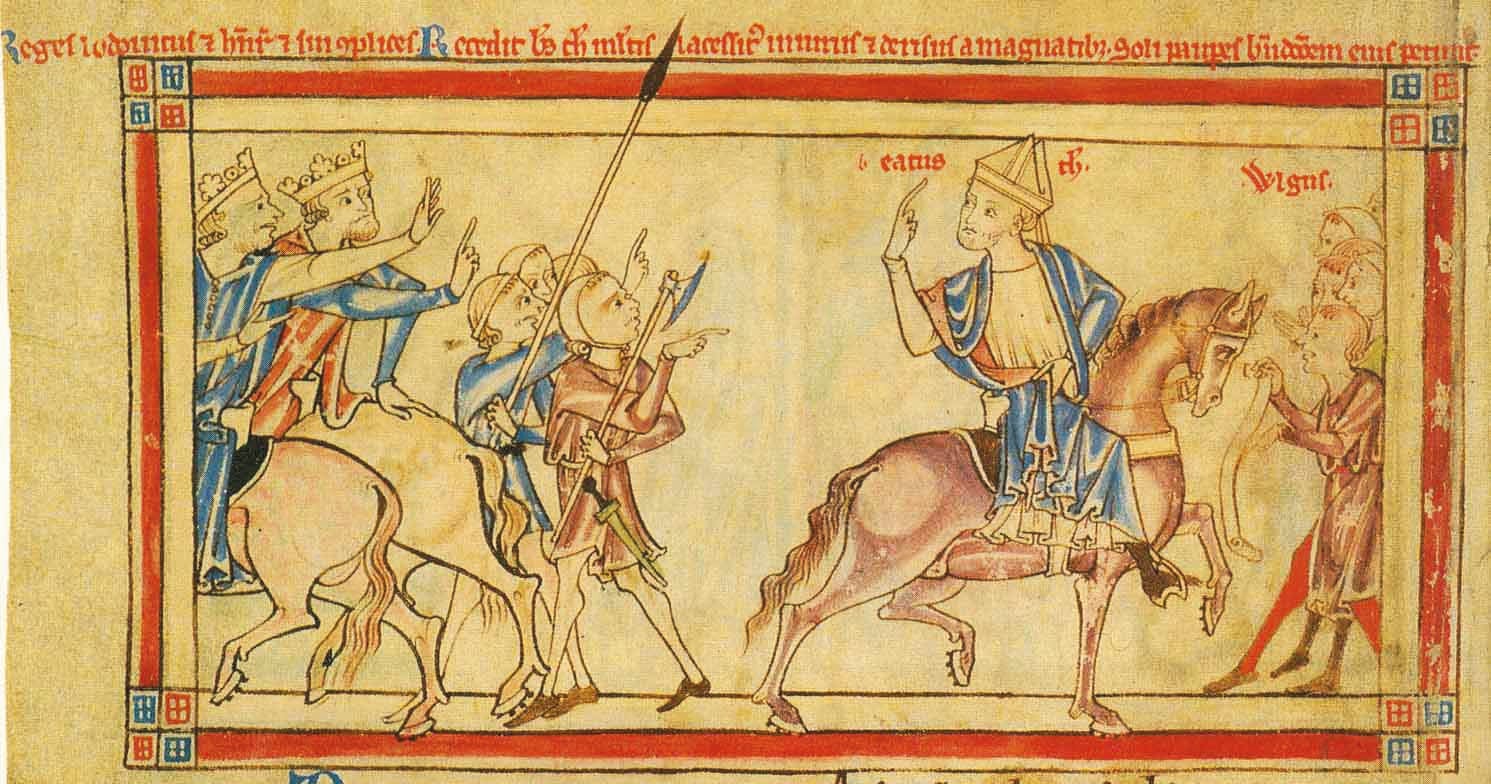
In one sense, this was a fitting analogy. Charlemagne presided over lands that stretched across modern France, Germany and Italy that had been brought together through conquest, the largest accumulation of territory under one ruler since the split of the Roman empire into east and west in 395AD. The European geopolitical landscape has, to a greater or lesser extent, been defined by the way Charlemagne sub-divided his lands between different branches of his family that paved the way for nation states and power blocs to emerge throughout the medieval period and beyond.
The Holy Roman Empire endured, latterly in the hands of the Habsburg dynasty, until Napoleon I swept it away in 1806 during post-revolutionary France’s military primacy over the west. Hitler styled his regime as the ‘Third Reich’ in a direct reference to ‘the ‘first reich’ of Charlemagne (the second reich being the German empire of Otto von Bismark that ended with the First World War). The Holy Roman Empire, France, Germany – all could legitimately claim to be successor states to Charlemagne’s empire, or define their borders or ethnic composition in historic terms that made sense in relation to 800AD.
Given this long and bloody history, it should be no surprise that so many people on the continent are prepared to embrace a peaceful, federal model despite the known flaws – and why others see the impact of Brexit on Britain as akin to a return to the Dark Ages. This is because, then as now, the British Isles were perched precariously on the geographical and political outskirts of Europe, susceptible to various waves of invaders. By the start of the 11th century, England was rapidly becoming a satellite state in a Scandinavian maritime empire, following waves of Danish invasions. Two shipwrecks and three battles changed the course of European politics significantly, and for a period of 60 years the kings of England became the major powerbrokers on the continent.
Harold Godwineson, Earl of Wessex, was captured by William Duke of Normandy in 1064 following a shipwreck off the French coast. Whether Harold promised to support William’s claim to the English throne is a moot point; William certainly thought so and invaded in 1066, killing Harold at the battle of Hastings. In claiming the crown of England, William created the foundation of what would become a cross-channel Anglo-Norman realm and shifted the geo-politics of the region fundamentally.
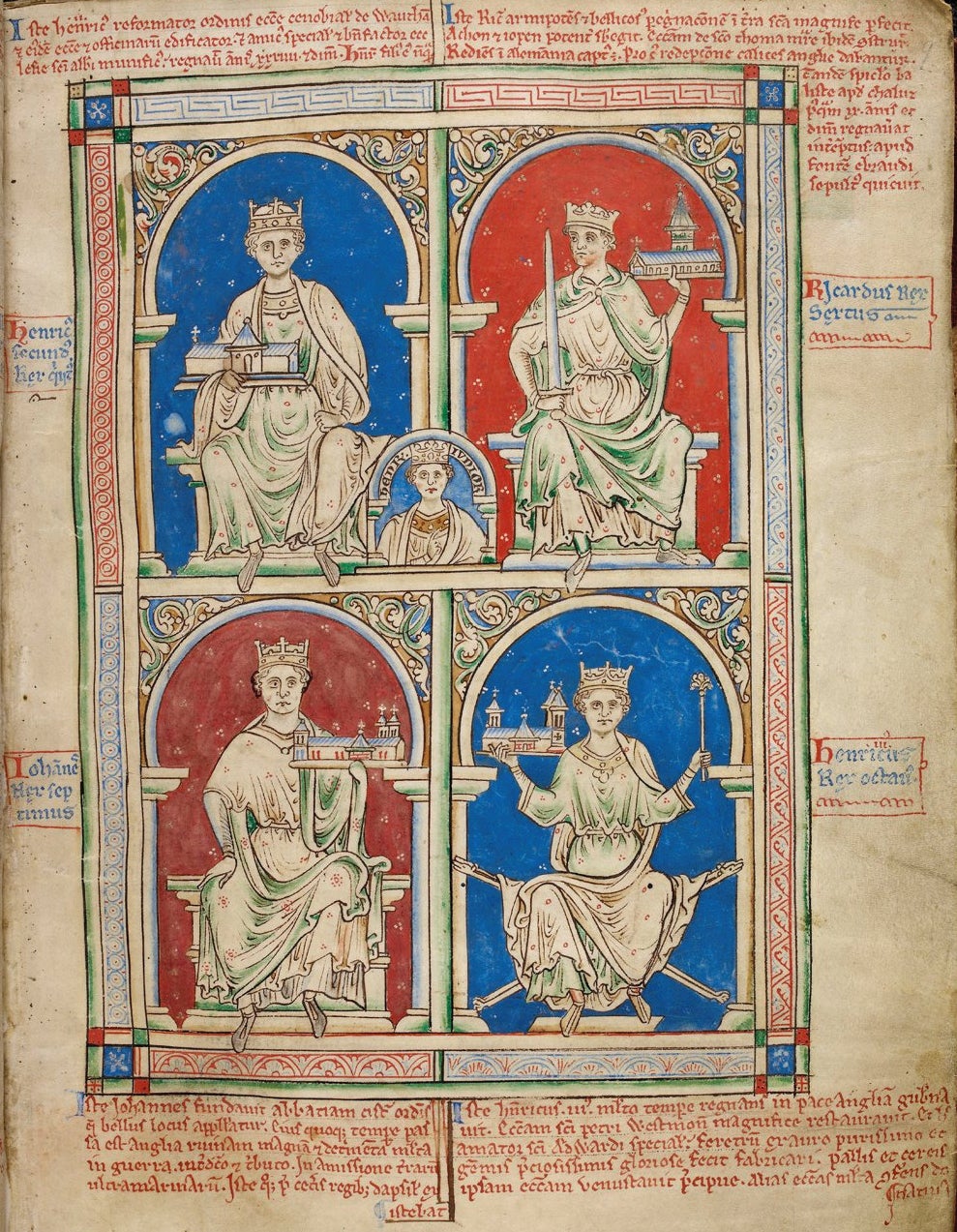
However, this was never his intention. As with Charlemagne’s ninth century empire, William sought to divide his lands between his sons rather than build a new empire. It was solely the victory of his youngest son, Henry I, at the battle of Tinchebrai in 1106 over his older brother Robert that reunited them again.
Henry I suffered personal tragedy when his only son, William, drowned in the White Ship disaster in 1120, sparking a chain of events that saw civil war ravage England after Henry’s death as part of a bloody succession crisis. Henry’s grandson, Henry II, emerged as the victor, and through various fortunes of birth and marriage reunited not only England and Normandy once more, but combined them with Anjou, Maine and Aquitaine in France. Ireland was added through conquest, Brittany through intimidation and manipulated marriage.
Whilst not on a par with Charlemagne, by the late 1170s Henry II was considered by many to be the most powerful man in western Europe – his nephew was lined up to inherit the title of Holy Roman Emperor, and Henry himself was offered the kingdom of Jerusalem. At the heart of this power bloc was English money, with the country governed remotely from the continent via a new legal, financial and administrative system staffed by expert professionals – the foundation of today’s civil service.
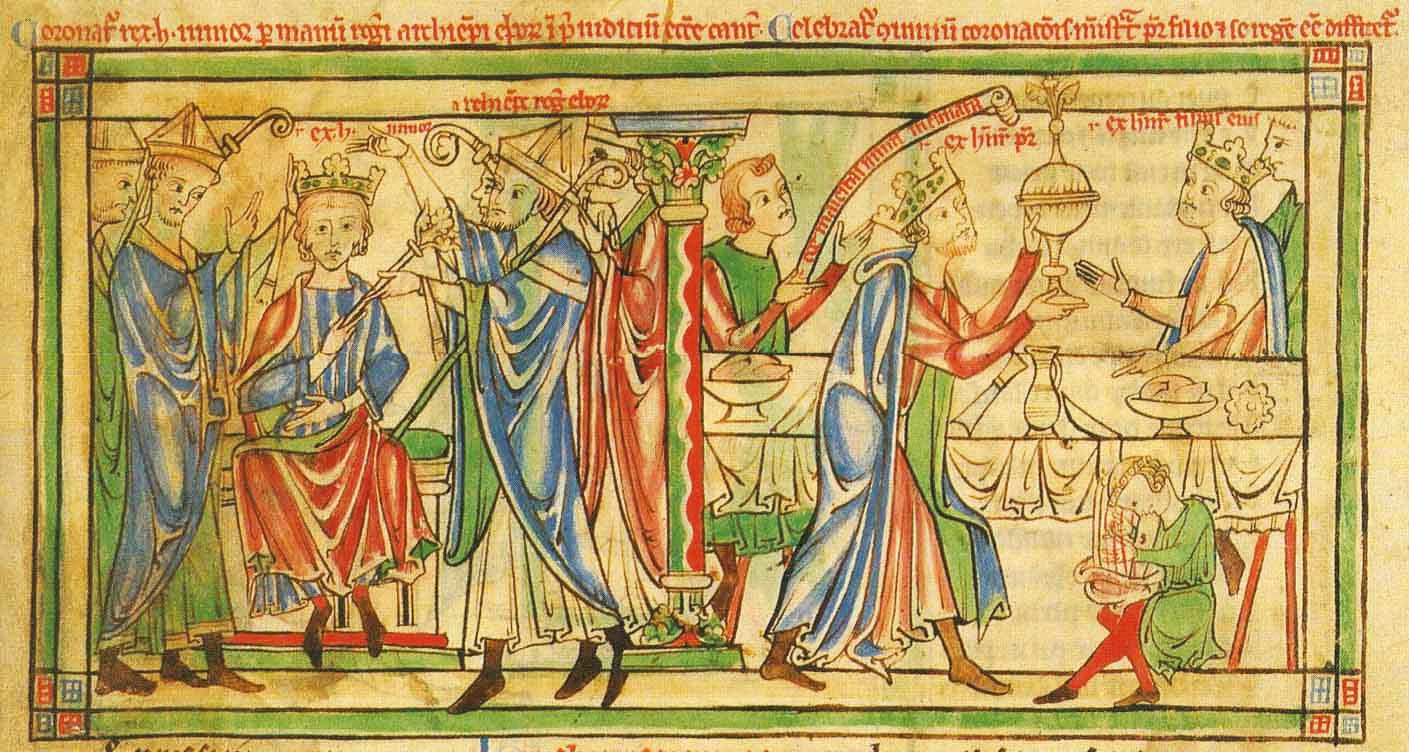
For most of Henry II’s reign, the Angevin realm – for it was not an empire in either the Roman or modern sense – held sway over the Capetian kings of France. However, family squabbles over the governance of the disparate lands ensured Henry II’s final years were spent in misery. He was harried to his death in 1189 by an unlikely alliance between his oldest son Richard I and his bitter rival, king Philip Augustus of France.
It is at this point that the fates of England and France in particular, and the direction of European politics for centuries to come, were changed forever. Richard died in 1199, ushering onto the throne his younger brother John – a brilliant administrator, but a thoroughly unsuitable king given his untrustworthy and psychotic nature.
By 1204 John has lost most of his family’s continental possessions, and was confined to England. After a decade of relentless exploitation of English resources, John launched a campaign of reconquest backed by a diverse international coalition ranged against Philip Augustus. However, John’s allies were defeated at the battle of Bouvines on 27 July 1214, a date that should be etched into European consciousness.
Bouvines marked the end of English involvement in mainstream western politics for generations, and the moment when France began to emerge as a nation state with clear borders and a powerful central monarchy. Equally, the opposition faced by John on his return to England resulted in Magna Carta, as well as the express opinion from the ruling elite that the king of England should focus on internal affairs for the “common wealth of the realm”.
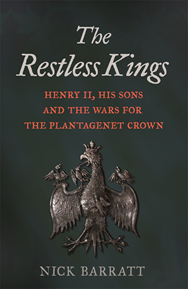
This was the Brexit of its day, the dramatic severance of cross-channel political, governmental and economic ties that had built up over a century and a half since Hastings. Further expensive continental adventures in the 13th century resulted in further political protest, culminating in the birth of parliament as a means of checking the personal ambitions of the crown abroad so that its attention could focus on good and accountable domestic government. “Foreigners” were blamed for distracting the king from his duty to his subjects, and were forcibly ejected from the realm.
Whether you oppose Brexit or reject continental federal government, it is important to understand that our current travails are part of a far longer story about Britain’s relationship with Europe. The narrative of England’s separation from continental affairs was thus born in the fields of Runnymede in 1215 and reinforced for the next eight centuries by moments that we have used to define our international position against the principal power blocs described – the defeat of the Spanish Armada in 1588 (Habsburg empire), the battle of Waterloo in 1815 (Napoleonic empire), and of course the two world wars (German empire).
Despite our desire to portray Britain as the plucky defender of freedom, riding to the rescue at times of crisis, we should recognise that these were first and foremost continental wars, and we must learn to view our position on the European stage through that prism. After all, that was how Julius Caesar found us in 55BC, and that is where we have largely remained ever since.
Join our commenting forum
Join thought-provoking conversations, follow other Independent readers and see their replies
Comments